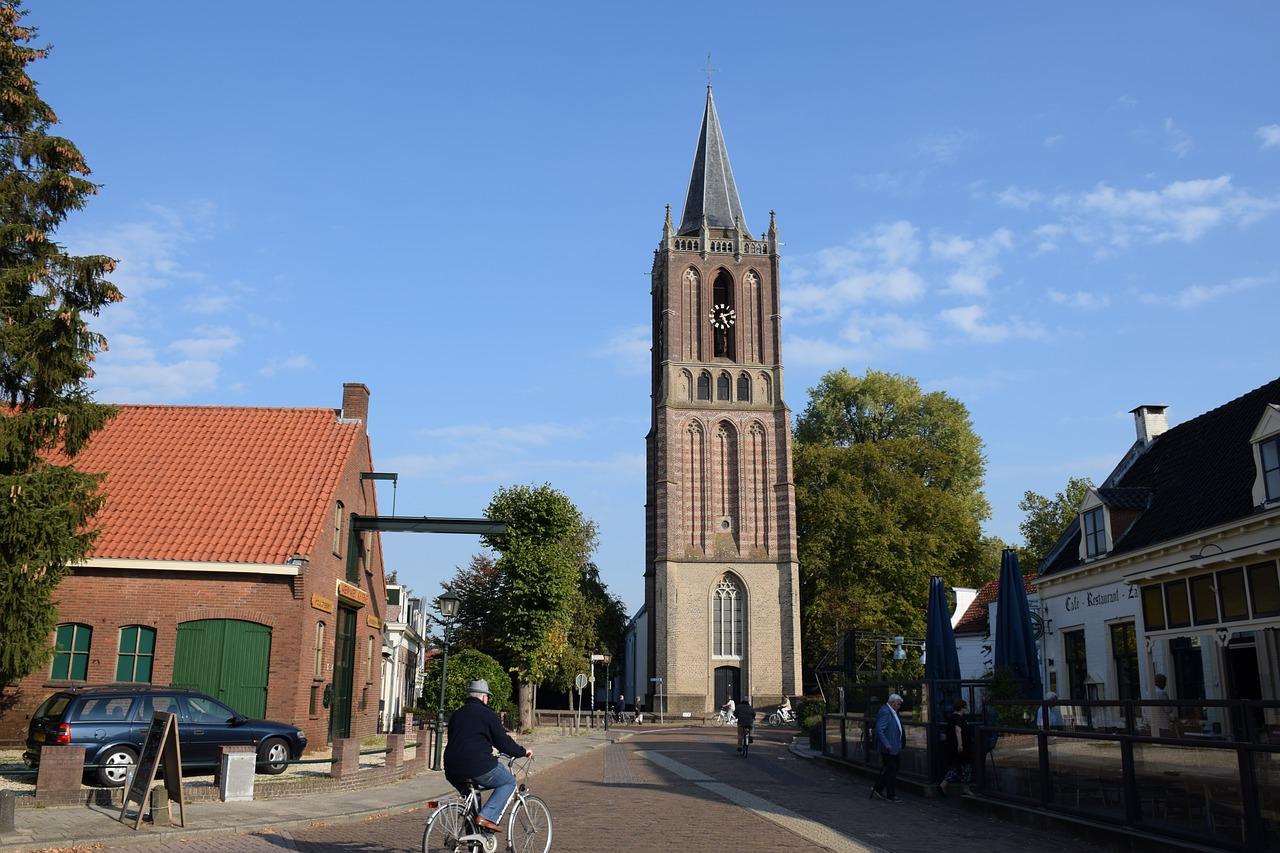Dutch parishes are missing out on thousands in donations and other sources of income as coronavirus measures prevent them from holding public Masses, according to research done by the Dutch Catholic weekly Katholiek Nieuwsblad.
To get an impression of how the income of parishes has changed due to the COVID-19 pandemic, the newspaper conducted a national survey: Of the more than 420 parishes and parish federations from all seven dioceses in the country, about a quarter responded.
RELATED: Dutch monasteries face financial crisis due to COVID-19 lockdown
The majority of parishes indicate that the money coming from donations made during Masses is “fairly important” to them (almost 60 percent). An equal amount is not collecting money in any way at the moment. Some are experimenting with alternatives, such as an online giving platform, but this doesn’t seem to make much of a difference.
RELATED: Dutch religious leaders prepare for ‘one-and-a-half-meter church’
As a result, the vast majority of parishes saw a drop in donations of 40 percent or more. Parishes also report a drop in income from parish activities, rental income and investments.
However, only a handful of parishes indicate that they’re facing acute financial problems as a result of the coronavirus measures, but a majority of the parishes say that they expect financial problems in the near future if the situation does not change quickly.
RELATED: Carmelite nuns get thousands of followers as they TikTok through the COVID-19 pandemic
Looking at the seven diocese of the country, there is a striking difference between the north and the south of the Netherlands. It is precisely in the traditionally ‘Catholic south’ of the country that the financial burden of the coronavirus measures is felt the most. Part of the reason is that the south of the Netherlands was hit earliest and hardest by the COVID-19 pandemic. But it is notable that this result is in line with the analysis published last year by Katholiek Nieuwsblad of the annual national campaign to raise funds for Catholic parishes. The analysis showed that donations were dropping every year and that the south was dealt the hardest financial blow.
At the beginning of this year, the Dutch weekly published an extensive study of church closings in the Dutch countryside, but this survey shows that the financial consequences of the coronavirus crisis are most noticeable in city parishes. Based on the results, one conclusion can be drawn: The larger the city, the greater the financial consequences.
RELATED: As village churches close, Dutch Catholics leave faith rather than worship elsewhere
Of the participating village parishes, 54 percent indicated that they expect financial problems soon or in the long run, 67 percent in small and medium-sized cities and 80 percent in large cities of more than 200,000 inhabitants. The size of the parish itself seems to matter less: Small and medium-sized parishes are about as likely to foresee financial problems.
The survey also shows that the majority of parishes do not take additional actions to compensate for the loss of donations. The parishes that do so are usually just sending out letters to their parishioners or using their parish magazine to ask for extra donations during the crisis.
Some parishes indicate that they are hoping parishioners will take the initiative to donate extra money, or are hoping for compensation from the diocese or the Dutch government.
The Netherlands, like most other European countries, went into a lockdown in March. However, since late March the country has been easing out of the restrictions, and primary schools reopened on a limited basis on May 11.
RELATED: Churches in Europe reopening with restrictions to avoid contagion
The government has announced that restaurants and bars will be able to open on June 1, as will museums and cultural institutions.
Dutch churches have stopped public Masses, although they remain open for private prayer and can host funeral and wedding liturgies if strict social distancing guidelines are observed. The government’s reopening plan has not specifically mentioned houses of worship, leaving many churchgoers unclear about when they will be able to return to Sunday Mass.
So far, the Netherlands has 44,447 confirmed positive cases of the new coronavirus, while 5748 people have died with COVID-19.
This article was translated for Crux by Susanne Kurstjens-van den Berk. Crux staff contributed to this report.















